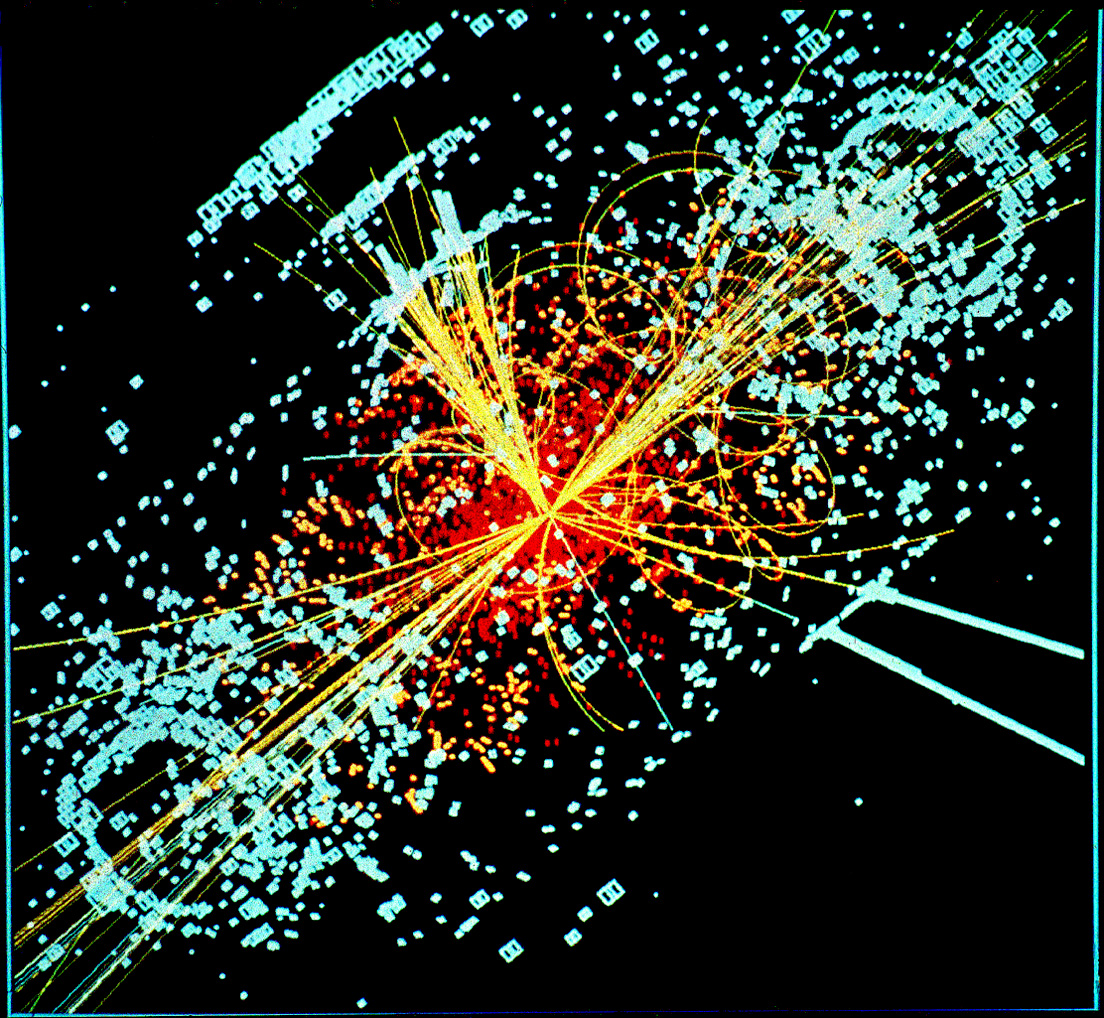Jun 12th, 2009| 03:47 pm | Posted by hlee
A Fast Thresholded Landweber Algorithm for Wavelet-Regularized Multidimensional Deconvolution
Vonesch and Unser (2008)
IEEE Trans. Image Proc. vol. 17(4), pp. 539-549
Quoting the authors, I also like to say that the recovery of the original image from the observed is an ill-posed problem. They traced the efforts of wavelet regularization in deconvolution back to a few relatively recent publications by astronomers. Therefore, I guess the topic and algorithm of this paper could drag some attentions from astronomers. Continue reading ‘Wavelet-regularized image deconvolution’ »
Tags:
bound optimization,
deconvolution,
image processing,
impulse response,
MM algorithm,
PSF,
regularization,
restoration,
thresholding,
wavelet Category:
Algorithms,
arXiv,
Data Processing,
Fitting,
Imaging,
Jargon,
Methods,
Quotes,
Stat |
Comment
Jun 11th, 2009| 03:52 pm | Posted by hlee
I was at the SUSY 09 public lecture given by a Nobel laureate, Frank Wilczek of QCD (quantum chromodynamics). As far as I know SUSY is the abbreviation of SUperSYmetricity in particle physics. Finding such antimatter(? I’m afraid I read “Angels and Demons” too quickly) will explain the unification theory among electromagnetic, weak, and strong forces and even the gravitation according to the speaker’s graph. I’ll not go into the details of particle physics and the standard model. The reason is too obvious.  Instead, I’d like to show this image from wikipedia and to discuss my related questions.
Instead, I’d like to show this image from wikipedia and to discuss my related questions.
 Continue reading ‘how to trace?’ »
Continue reading ‘how to trace?’ »
Tags:
cliche,
collion,
identifiability,
identification,
irony,
LHC,
Power,
reconstruction,
source detection,
subparticle,
supersymmetry,
SUSY,
TRACE,
type I error,
Type II error,
uncertainty principle,
unification,
youtube Category:
Cross-Cultural,
Data Processing,
High-Energy,
Misc,
Quotes,
Uncertainty |
Comment
Jun 4th, 2009| 04:36 pm | Posted by hlee
Please, do not confuse adaptive filter (hereafter, AF) with adaptive optics (hereafter, AO). I have no expertise in both fields but have small experiences to tell you the difference. Simply put, AF is comparable to software as opposed to AO to hardware, which is for constructing telescopes in order to collect data with sharpness and to minimize time varying atmospheric blurring. When you search adaptive filter in ADS you’ll more likely come across with adaptive optics and notch filter. Continue reading ‘[MADS] Adaptive filter’ »
Jun 2nd, 2009| 03:03 am | Posted by hlee
Even though I traced the astronomers’ casual usage of the null hypothesis probability in a fashion of reporting outputs from data analysis packages of their choice, there were still some curious cases of the null hypothesis probability that I couldn’t solve. They are quite mysterious to me. Sometimes too much creativity harms the original intention. Here are some examples. Continue reading ‘Curious Cases of the Null Hypothesis Probability’ »
Tags:
cases,
chi-sq,
curious,
degree of freedom,
dof,
F-test,
goodness-of-fit test,
Model Selection,
null hypothesis probability,
p-value,
reduced chi-sq Category:
arXiv,
Astro,
Cross-Cultural,
Fitting,
Methods,
Uncertainty |
3 Comments
Jun 1st, 2009| 09:51 pm | Posted by hlee
How would you assign orders to multivariate data? If you have your strategy to achieve this ordering task, I’d like to ask, “is your strategy affine invariant?” meaning that shift and rotation invariant. Continue reading ‘[MADS] data depth’ »
Tags:
break points,
data depth,
MADS,
mean,
median,
multivariate,
nonparametric,
order,
parasite,
quantile,
robust,
sort,
vertebrate Category:
Algorithms,
arXiv,
Cross-Cultural,
Jargon,
Stat |
Comment
